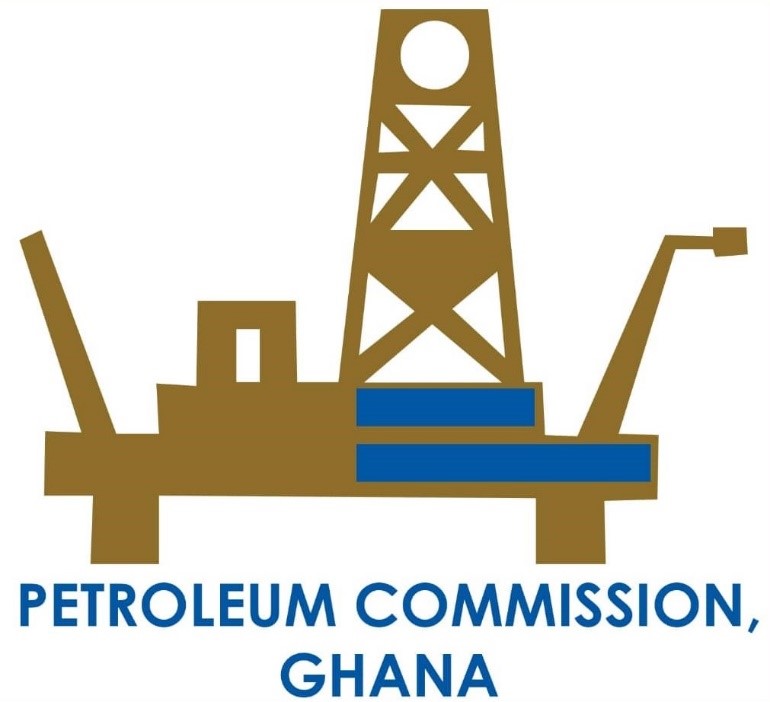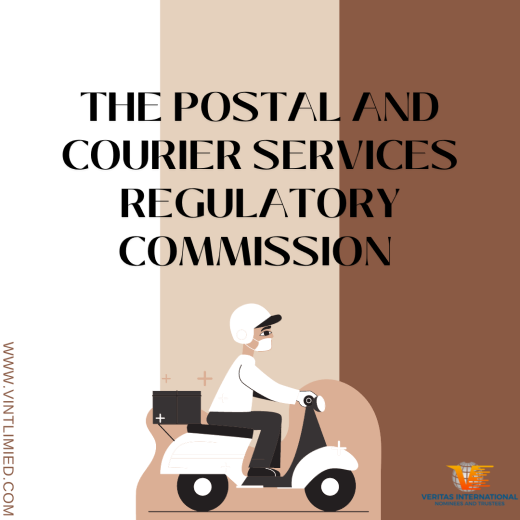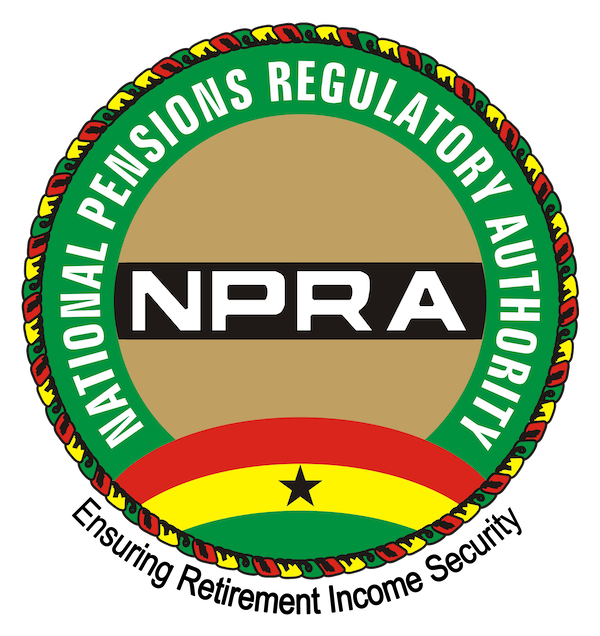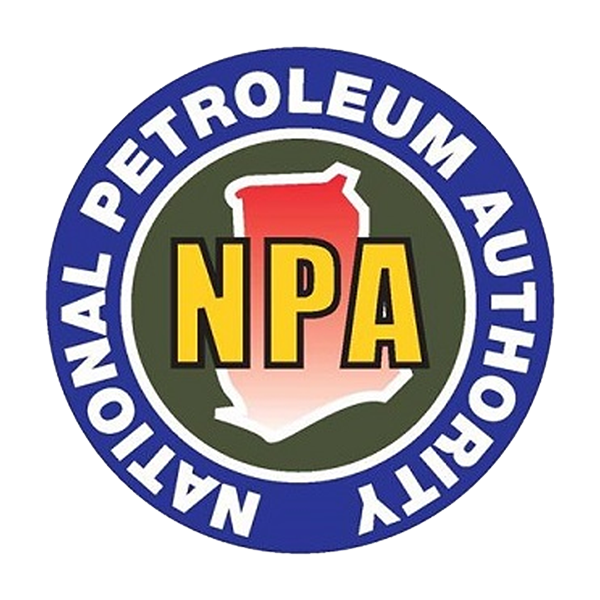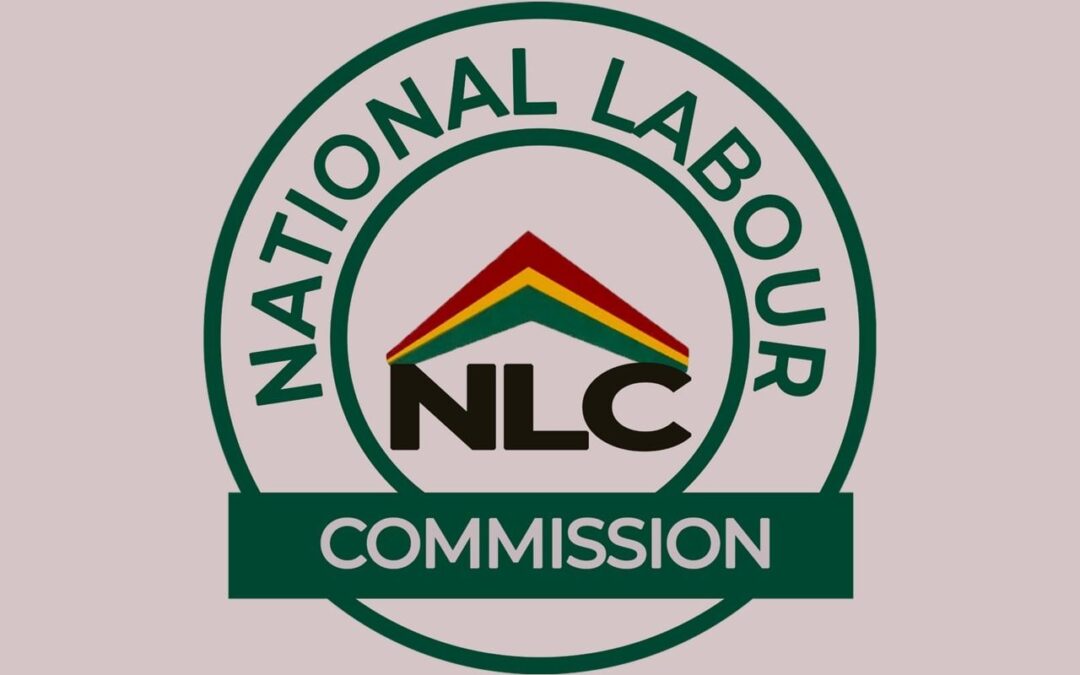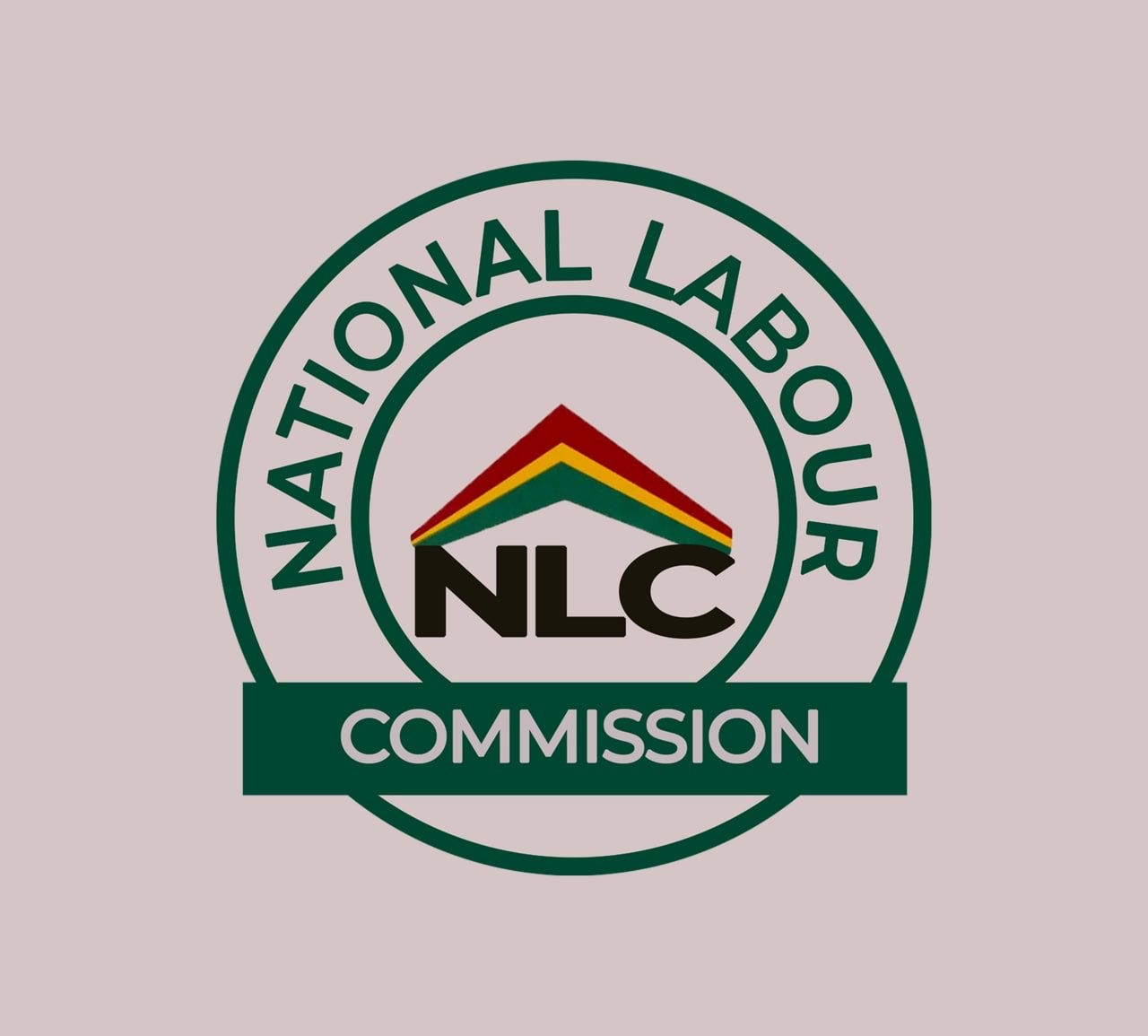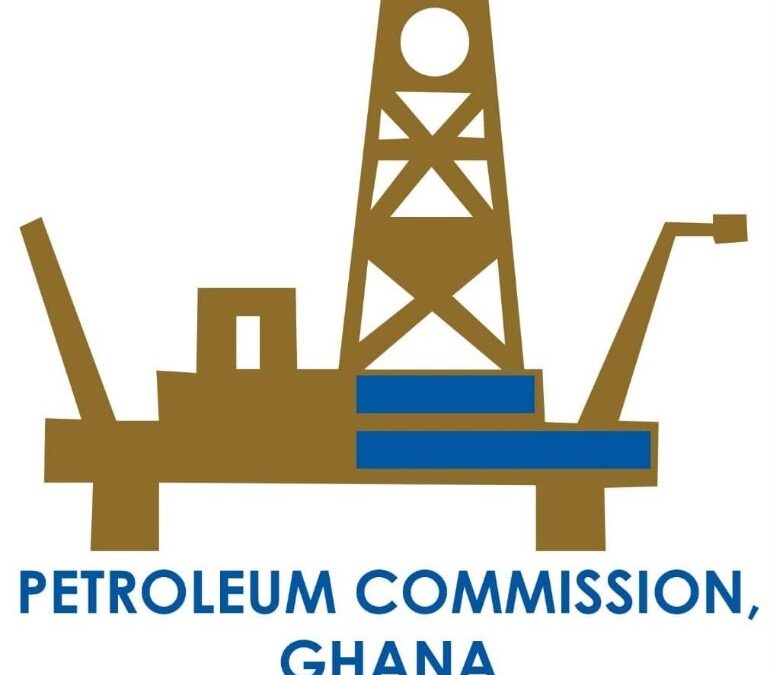
PETROLEUM COMMISSION – PC
Our Regulator for today is the Petroleum Commission (the “Commission”). PC was established in 2011 under the Petroleum Commission Act, 2011 (Act 821) and is in charge of the following:
- Granting licenses and permits for petroleum exploration, development, and production activities in Ghana.
- Regulating the operations of petroleum companies to ensure compliance with the laws, regulations, and industry best practices. .
- Promoting local participation and content in the petroleum sector.
- Engaging with stakeholders, including petroleum companies, government agencies and local communities.
The Commission plays a crucial role in the sustainable development of Ghana’s petroleum resources by regulating the industry.
